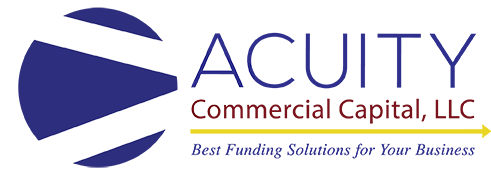Cloud Based Accounting: What is it Exactly?
Traditionally, accounting software is on-premises, or is self-install software. Cloud based accounting software is similar except it is hosted on remote servers, or “the cloud,” where data is processed and returned to the users. The cloud is used to access software applications remotely with the use of the internet or other networks.
Differences Between Cloud Accounting and Traditional Accounting Software
The differences between cloud accounting and traditional on-site accounting are distinctive. Cloud based accounting can be accessed from anywhere with any device that has an internet connection. Many cloud accounting systems do not even require the download of specialized software; all necessary information is on the web. On-site accounting is only available on the select computers that have access to the accounting software on the premises of the business.
Traditional accounting software is typically licensed to be used on a specific number of computers. If the business grows and more computers are necessary, businesses typically have to pay a fee to obtain a larger software license. There are other costs involved including maintenance and servers capable of administering the traffic. Cloud accounting does not require additional equipment, software and licences, making business expansion easier and less expensive.
Data Security and the Cloud
Cloud based accounting is typically at least as secure as traditional methods of storing financial information. It can sometimes even be more secure. While computers and laptops containing information can be stolen, cloud accounting keeps information at a separate location. Access to that information is encrypted and password protected, making it safer than information that is stored on an unsecured hard drive.
Cloud accounting also allows for the safe and secure transfer of data. Multiple people can have access to the same information simultaneously. This access is provided with unique passwords and many systems allow for the recording of what users access which parts of the data. Traditional computing accounting requires email or flash drives to transport information. Both systems are susceptible to loss or theft.
Cloud based accounting software allows businesses to no longer have to worry about installing and maintaining software on their own computers. Less initial infrastructure is required, reducing startup costs, and less information technology staff is required for maintenance, reducing long term costs. Cloud accounting is especially beneficial for larger businesses as it allows employees at multiple sites to access the same data using the same software, improving communication and efficiency. Having accurate information available immediately throughout your organization has the potential to improve mobile capabilities and collaboration.
